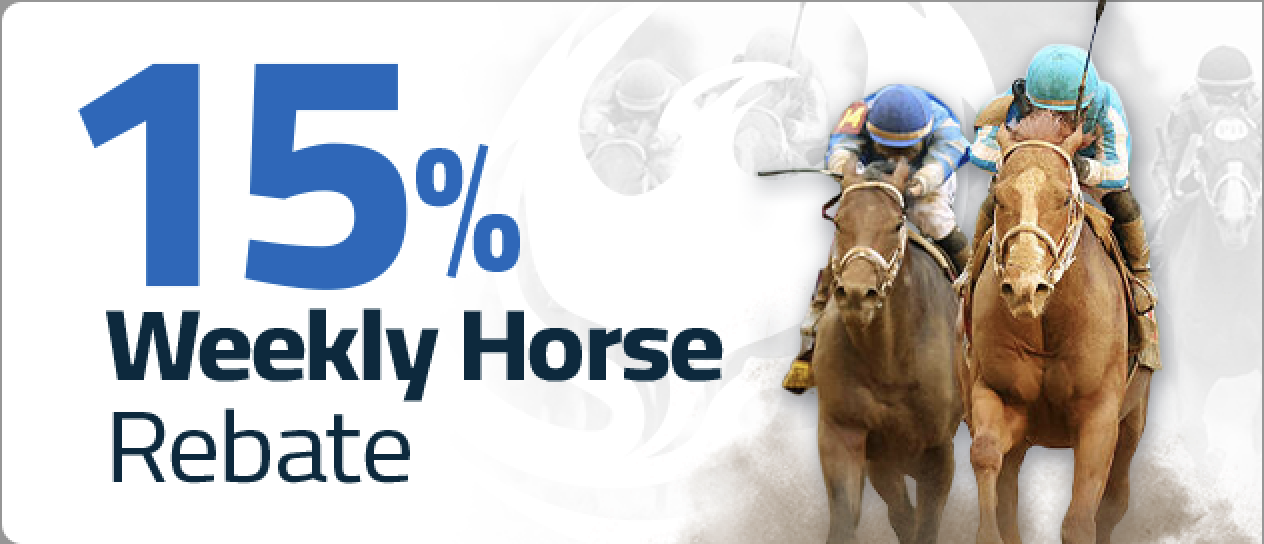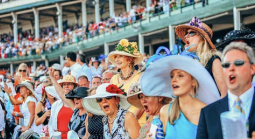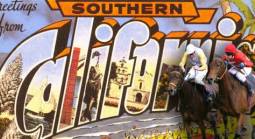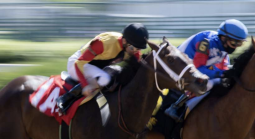Plan to Centralize Chart Calling in Horse Racing is Bad for Bettors
Horse racing experts are expressing concerns over Equibase's decision to centralize chart calling at certain races.
Mike Sassin, retiring West Virginia chart caller, was among the first to draw attention to these efforts via his X account (formerly Twitter).
"For those people following the horse racing industry, here's some news of relevance. Equibase is forming a chart calling center in KY that will eliminate the presence of an on site chart caller at "certain" individual tracks. This can't be a good thing."
For those people following the horse racing industry, here's some news of relevance. Equibase is forming a chart calling center in KY that will eliminate the presence of an on site chart caller at "certain" individual tracks. This can't be a good thing.
— Mike Sassin (@Cyclerosis) November 8, 2024
He adds: "From the perspective of a horse racing professional, it's not good. It will water down the information bettors use to handicap. Some information will be lost in transit."
Ron Flatter of Horse Racing Nation notes that, The Jockey Club, which owns Equibase, needs to save some of the dollars on its mountain of money by removing many of the very humans who check racetrack establishment and balance it with eyewitness credibility in the very charts that we consume every day.
He writes: "With the presumed exception of the biggest tracks in the country, there are very real eyes and ears and noses that will be replaced by a room full of flat screens in Lexington, Ky., presumably staffed by fewer people commanding less money."
The apparent plan is for the Lexington hub to have access to more cameras than are typically shown on the track’s feed, similar to what the stewards might see.
"It seems like a lot of times that our chart callers, who are the absolute core of what we do, have kind of all been out on an island by themselves a little bit,” said Equibase president Kyle McDoniel. “They do a great job, but I think at the same time we’ll be a lot better if we can have multiple people looking at, you know, have multiple eyes on races.
“As we’ve lost race days and things like that, it gets harder and harder to get somebody a full-time job at a track that’s running three days a week,” McDoniel said. “So I think what we’re trying to do is just get more and more efficient.”
Horse Racing Biz expressed concerns as well.
"Cameras typically are trained on the horses actively in the race. They may not locate a horse who, for example, is far behind the next closest horse or one who stumbles, loses the rider, and then turns around and runs back in the direction he’s just come. That latter situation took place a decade ago in a race at Charles Town."
|
|
















